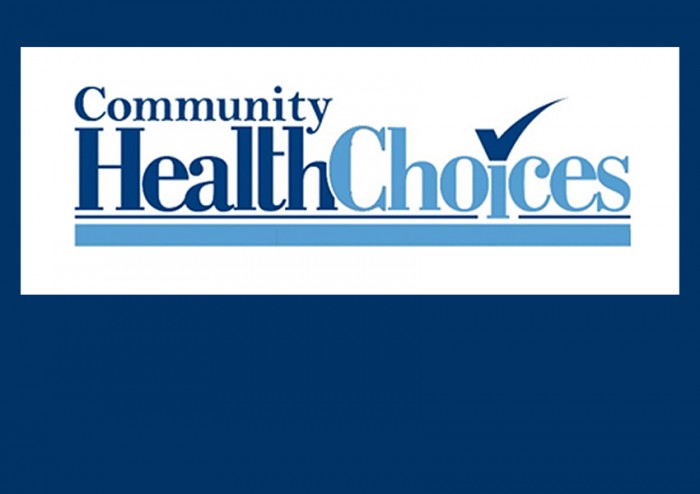Beginning January 2020, Community HealthChoices (CHC) will be the mandatory managed care program for Pennsylvanians residing in the Lehigh/Capital, Northeast, and Northwest CHC zones* who are dually eligible for both Medicare and Medicaid (Medical Assistance), enrolled in Medicaid waivers for physical disabilities, and Medicaid-eligible consumers who reside in a nursing facility. As a managed care program, CHC gives individuals the choice of health plans to best match all their health care and long-term care needs.
Members located in this zone are invited to attend a community meeting to learn about the CHC program and have an opportunity to ask questions. If you wish to attend one of these community meetings, a list of dates and locations are available on the event registration page. Most locations have two sessions — a morning session and an afternoon session. Each session will run for approximately two hours. Space is limited; if you are not planning to attend alone, please be sure that each additional person registers as well. You can view the invitation that was sent to CHC participants here.
Need more information about CHC? Please Visit www.Healthchoices.Pa.Gov or call 833-735-4416.
*The Lehigh/Capital Zone includes Adams, Berks, Cumberland, Dauphin, Franklin, Fulton, Huntingdon, Lancaster, Lebanon, Lehigh, Northampton, Perry, and York counties. The Northeast Zone includes Bradford, Carbon, Centre, Clinton, Columbia, Juniata, Lackawanna, Luzerne, Lycoming, Mifflin, Monroe, Montour, Northumberland, Pike, Schuylkill, Sullivan, Susquehanna, Tioga, Union, Wayne, and Wyoming counties. The Northwest Zone includes Cameron, Clarion, Clearfield, Crawford, Elk, Erie, Forest, Jefferson, McKean, Mercer, Potter, Venango, and Warren counties.














